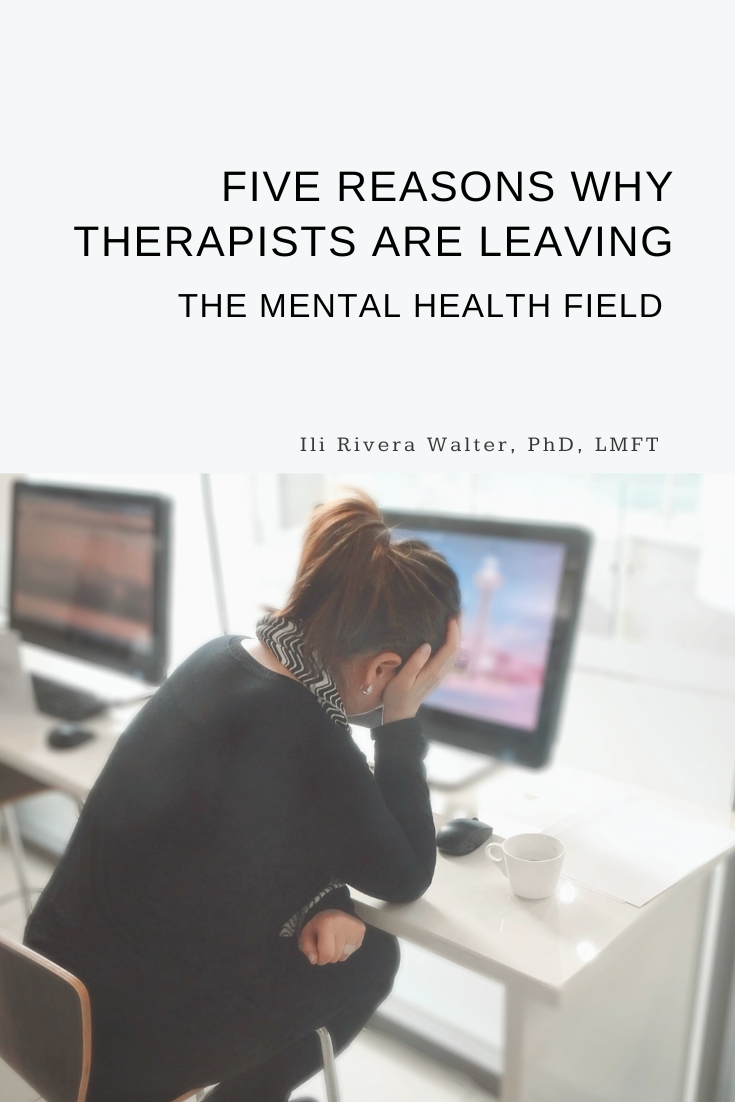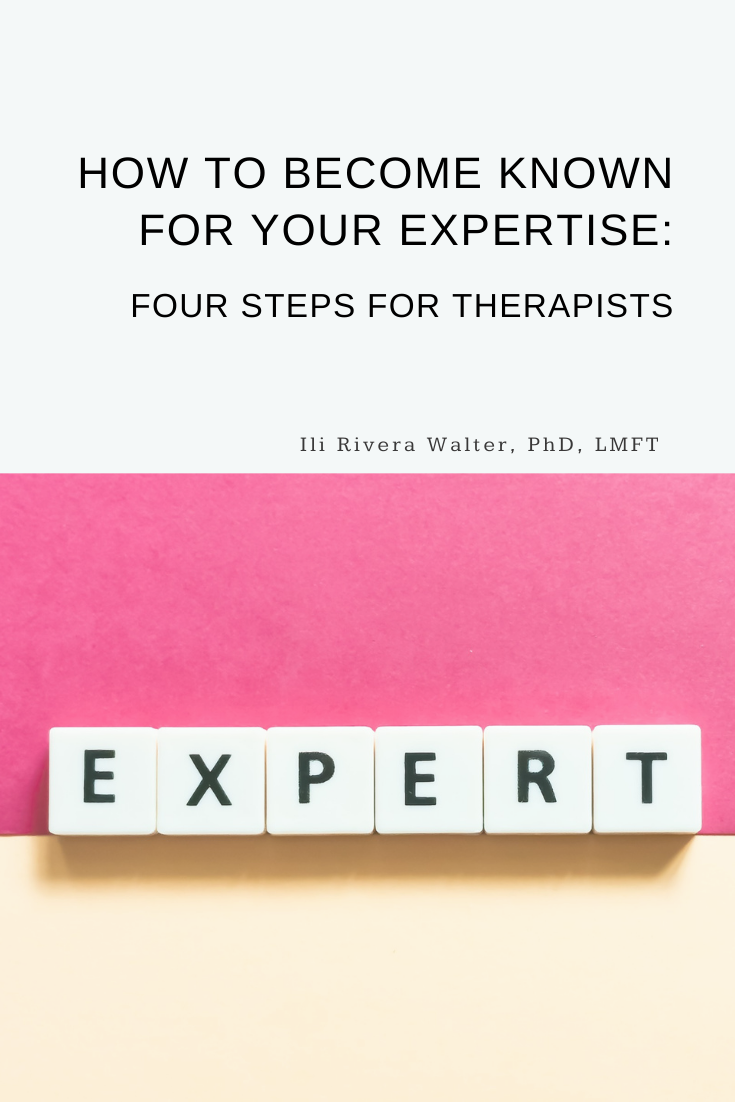Today's topic is the doctoral dissertation. If you are (or will be) writing your dissertation, Dr. Celeste Catania-Opris has advice for how you can get your dissertation finished sooner, rather than later. She is a licensed marriage and family therapist in Florida, and the owner of Therapy for the Modern Housewives of South Florida. Most importantly, she finished her dissertation and now devotes time to helping struggling dissertation writers.
During our video chat, we discussed how she became interested in helping doctoral students finish their dissertations, the services she offers on this topic, as well as important things to consider if you need motivation. (Disclaimer: There are a few brief moments with background noise).
How did you become interested in this topic?
Dr. Celeste explains that she personally went through writing a dissertation, and she remembers feeling unmotivated, alone, and lost.
After Dr. Celeste graduated with her PhD, a fellow student asked her for advice on getting through dissertation phase. The student suggested that Dr. Celeste help guide other students through the process. As a result, Dr. Celeste planned and started a dissertation support group. The group meets twice per month at Dr. Celeste's private practice.
Tell us about the group: What do you do during meetings, how is it helping?
Dr. Celeste outlined a curriculum that explains the dissertation process--from choosing a topic and committee through the dissertation defense. She also runs the group as a supportive environment where students can recognize the reality of their life circumstances and how they influence the dissertation timeline. She asks personal questions, and gives guidance and practical information to each participant.
Common factors that affect progress
Dr. Celeste mentions that life changes, such as having a child, becoming a caretaker, moving, and other stressors and events, significantly impact the dissertation time. An integral part of her group process is helping students recognize their day-to-day struggles and "be easier on themselves." Dr. Celeste mentions several factors that can delay dissertation progress:
Feeling alone: During coursework, students have a community--people with whom they can discuss their struggles. In dissertation phase, students tend to feel isolated.
Not knowing what to do next: This is true for the process (writing, how to use the committee, etc.), as well as the content (topic, research, etc). This can cause students to put the dissertation aside, due to confusion.
Life stressors and changes: Many students take on new roles within their immediate or extended family, or they go through changes that are out of their control. Acknowledging and accepting the way these events impact day-to-day life helps students set realistic goals for their dissertation process.
Lack of support and guidance: Some doctoral programs provide more structure and guidance during dissertation phase than others. Not knowing how to set goals, or which direction to take next can create barriers to writing.
Embarrassment, anxiety, and other feelings related to not being finished with the dissertation: These feelings are a normal part of being in dissertation phase and seeing colleagues defend their dissertations and graduate. Understand that everyone's situation is different, and focus on your next step.
Topic and structure: As in my case (Ili), the topic and structure of your dissertation can also affect your writing timeline. Certain research methodologies and topics are more complex than others.
How the group makes a difference
Dr. Celeste emphasizes that personal attention helps to motivate people, because it shows them that someone cares. Additionally, being in the group environment and seeing that others are struggling too, is freeing.
The group provides a supportive environment where students stop feeling alone, and this support has helped participants of Dr. Celeste's group make tremendous progress (e.g. complete three chapters in a few months)..
What are some tips you have to help dissertation writers finish their dissertations?
1 | Find the reason for your delays
Dr. Celeste suggests that if you're feeling stuck, lost, or unmotivated, find the reason. Name the factors that are contributing to your delays. Recognize that anxiety is natural during this process.
2 | Create realistic goals
Accept your current responsibilities and other factors contributing to your progress, and know that you are doing the best you can! Take these factors into consideration, and create realistic goals that keep you working on your dissertation at a manageable pace.
3 | Know that you WILL finish
Dr. Celeste reminds us that "It's ok. It's not if you finish; it's when you finish."
4 | Schedule time
I (Ili) block off two chunks of time (totaling 6-12 hours per week) to work on my dissertation. This helps me stay on a "sort of" schedule, and know that I'm working on it consistently, whether or not I feel like I'm making progress. This is also part of the dissertation process--accepting that you will not always make writing progress. Sometimes, your time will be dedicated to reading and researching, editing, brainstorming, outlining, etc.
More about Dr. Celeste
Dr. Celeste now offers one-on-one support to dissertation students. You can contact her via her website:
Let's Chat
Let me know in the comments below:
What is your #1 struggle with finishing your dissertation?













